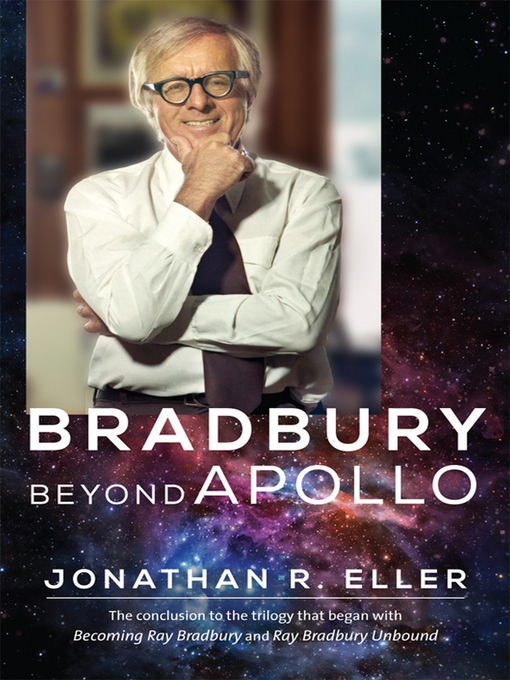Drawing on numerous interviews with Bradbury and privileged access to personal papers and private collections, Jonathan R. Eller examines the often-overlooked second half of Bradbury's working life. As Bradbury's dreams took him into a wider range of nonfiction writing and public lectures, the diminishing time that remained for creative pursuits went toward Hollywood productions like the award-winning series Ray Bradbury Theater. Bradbury developed the Spaceship Earth narration at Disney's EPCOT Center; appeared everywhere from public television to NASA events to comic conventions; published poetry; and mined past triumphs for stage productions that enjoyed mixed success. Distracted from storytelling as he became more famous, Bradbury nonetheless published innovative experiments in autobiography masked as detective novels, the well-received fantasy The Halloween Tree and the masterful time travel story "The Toynbee Convector." Yet his embrace of celebrity was often at odds with his passion for writing, and the resulting tension continuously pulled at his sense of self.
The revelatory conclusion to the acclaimed three-part biography, Bradbury Beyond Apollo tells the story of an inexhaustible creative force seeking new frontiers.
|AcknowledgmentsIntroduction
Part I. The Inherited Wish
1. Prometheus Bound
2. The Darkness Between the Stars
3. A Teller of Tales
4. The Prisoner of Gravity
5. Witness and Celebrate
6. The Sleep of Reason
7. The Inherited Wish
8. Long After Midnight
9. A Mailbox on Mars
Part II. Beyond Eden
10. The God in Science Fiction
11. Infinite Worlds
12. Abandon in Place
13. Beyond Eden
14. Robot Museums
15. The Great Shout of the Universe
16. A Eureka Year
17. One-Way Ticket Man
Part III. 1984 Will Not Arrive
18. "My Name Is Dark"
19. A Most Favorite Subject
20. Memories of Murder
21. 1984 Will Not Arrive
22. Death Is a Lonely Business
23. A Poet's Heart
24. Forms of Things Unknown
25. Time Flies
26. Beyond the Iron Curtain
Part IV. Graveyard for Lunatics
27. A Graveyard for Lunatics
28. Disputed Passage
29. Green Shadows, White Whale
30. The ABCs of Science Fiction
31. An American Icon
32. Harvest Time
33. A Promise of Eternity
34. Séances and Ghosts
35. An Evening on Mars
Part V. Closing the Book
36. "Make Haste to Live"
37. Messages in a Bottle
38. The Fire Within
39. A Child's Imagination
40. Farewell Summer
41. Samurai Kabuki
42. "Nothing Has to Die"
43. Visions of Mars
44. Remembrance
45. Closing the Book
Notes
Index|
— Greg Bear
|Jonathan R. Eller is a Chancellor's Professor of English, Emeritus, at Indiana University-Purdue University in Indianapolis and cofounder of the Center for Ray Bradbury Studies at IUPUI, where he served for ten years as the Bradbury Center's director. His books Becoming Ray Bradbury and Ray Bradbury Unbound were each finalists for the Locus Award in the Nonfiction category.

